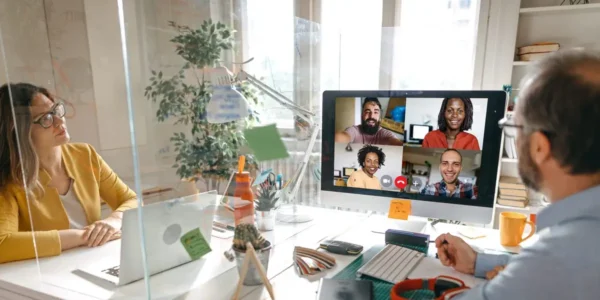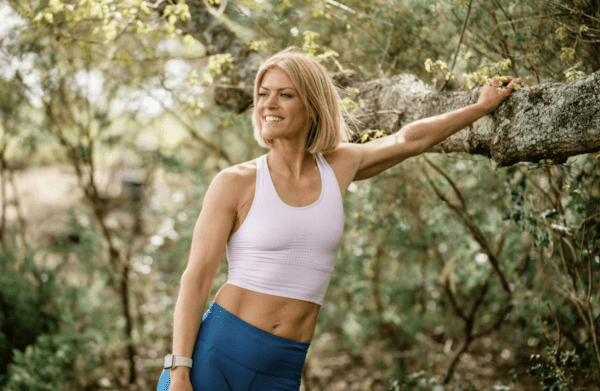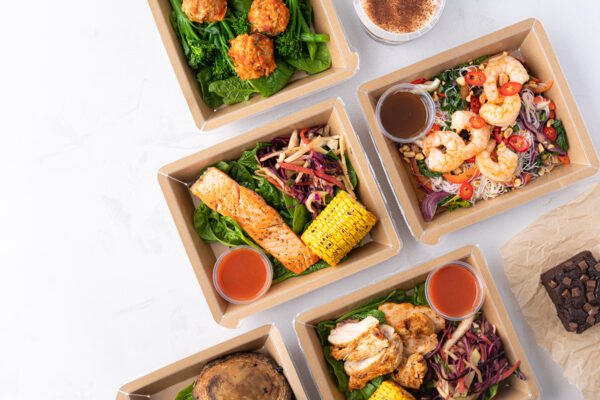
Kids Could be the Key to Learning How to Cope with the Pandemic

“The kids have coped surprisingly well with the pandemic” is a comment overhead many times over the last few weeks – yet actually it isn’t surprising at all and here’s why.
Just think for a moment about the resilience, tenacity and determination kids demonstrate almost from the moment that they are born. How much willpower does it take for them to learn to walk for example? It doesn’t matter how often they fall down, even after hurting themselves, they just get up again and get on with it.
Then there is mastering fine motor skills – eating with a spoon, holding a pencil, learning to button their coat, tying shoelaces.
Kids take learning all of these skills in their stride, relishing every achievement – however small.
For children every day is a new adventure, creating buses out of clothes airers, aeroplanes from washing baskets, spending hours entertaining themselves with everyday household items. How much fun does a kid have with a plain cardboard box? Often enjoying playing with the box more than the expensive gift inside it!
It’s a real treat for a young child to help with those jobs that adults find tedious, they’re thrilled to be given a dustpan and brush and allowed to crawl on their hands and knees under the table to sweep up the crumbs.
A short walk outside can take hours as they notice everything around them – inspecting the tiniest cracks in the wall, brushing their fingers along the railings enjoying the sound they make, feeling the wind against their face, such simple pleasures that kids fully immerse themselves in and enjoy, with no expectation beyond that experience.
Now take those resources described above and apply them to the pandemic situation we have been experiencing, no wonder kids are coping well. The issue isn’t the kids, it’s the adults!
The problem is that as we grow into adults we leave many of those amazing childhood resources behind and replace them with unhelpful traits which limit us rather than support us.
Doubts start creeping in about our capabilities and we begin to believe other people’s perspective of the world rather than relying on our own. Instead of relishing the accomplishment of achieving something new, we decide that anything unknown is going to be difficult – deciding not to do it at all or making it more challenging than it needs to be.
As we become adults the pleasure that we used to take from the simplest of experiences is lost and rather than feeling contentment in the moment like kids do, we look outside of ourselves to find happiness – seeing it as a destination to aim for. ‘I will be happy when…’
Adults often develop the habit of playing out worst case scenarios for every situation, the only outcome not imagined is the optimistic one, the positive outcome that they actually want. The reasons for this are understandable – it’s about protection and avoiding disappointment. Yet this is another unhelpful habit that adults adopt which has a negative impact on mental wellbeing.
So there is much that we can learn from our kids during this pandemic, those resources we once accessed readily and have long since forgotten, we can reconnect with again simply by observing the kids around us. Notice how they deal with situations, how can you adopt similar traits as an adult?
As a starting point, here are 4 ways to help you cope with the pandemic by being more kid:
1.) Rather than counting down the days waiting for the pandemic to end before you will feel happy again, do as kids so and experience contentment in the moment. Get into the habit of catching yourself and fully appreciate what you are experiencing – especially the small things like enjoying the time to yourself in the shower, the contentment of seeing your kids tucked up fast asleep in bed, appreciating the smell of the pile of freshly washed clothes.
2.) Shrug off old habits of playing out worst case scenarios and instead create an image of how it will look when everything turns out perfectly – then banish any other thoughts from your mind, by making sure this is the only image you focus on.
3.) Instead of thinking about the things that you are not able to do with the present limitations, flip that on its head and notice the opportunities that the current situation presents. It could be something as simple as working from home allowing you to have breakfast as a family, or the money you’re saving having no travel costs.
4.) Find as many ways as you can to have fun each day. There is much research around the positive mental benefits of spontaneous play and fun. Forget the self-imposed constraints of adulthood and take every opportunity to benefit from enjoying yourself.
By: Nicky Taylor

Nick Taylor is co-author of Be More Kid (Wiley), out now from Amazon.















































